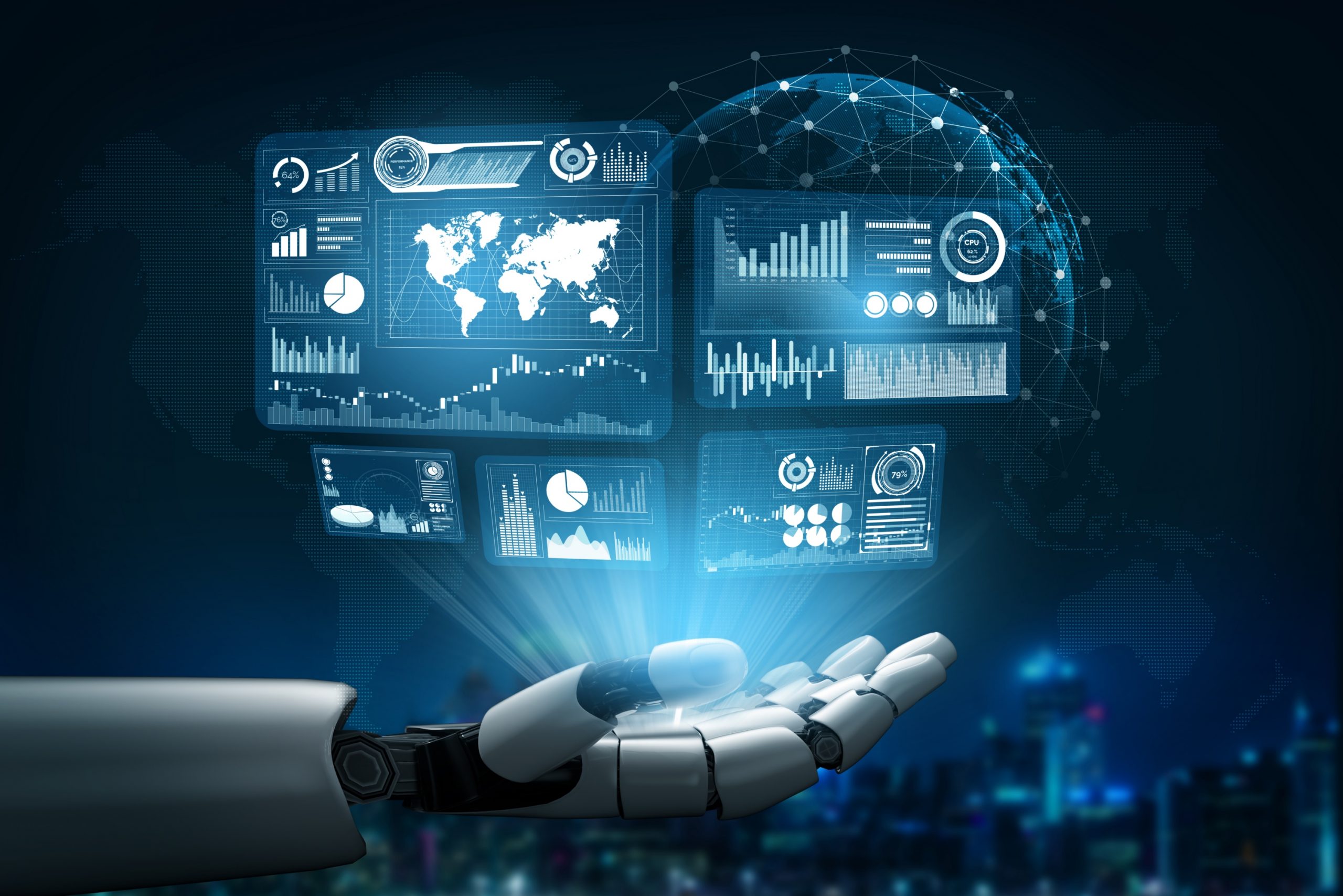
U.S. judge says AI-generated artwork cannot be copyrighted
August 31, 2023In a landmark decision that reverberates through the intersection of technology and creativity, U.S. District Court Judge Beryl A. Howell has ruled that artworks created by artificial intelligence (AI) cannot be subject to copyright protection. This pivotal judgement was handed down on Friday in the context of a legal battle that Stephen Thaler, an AI researcher and creator of the Creativity Machine algorithm, waged against the U.S. Copyright Office after he attempted to secure copyright for an AI-generated image, which was repeatedly rejected.
Thaler's pursuit of copyright was rooted in his desire to be recognised as the creator of the AI-generated image, which he sought to attribute to himself as a work-for-hire, with ownership retained by the Creativity Machine. Despite numerous attempts, his claims were consistently denied by the Copyright Office. Dissatisfied with the repeated rejections, Thaler initiated legal proceedings against the Office, alleging its denial was "arbitrary, capricious... and not in accordance with the law".
In her thought-provoking ruling, Judge Howell refuted Thaler's claims, invoking the principle that copyright has traditionally been granted to creations bearing the distinct mark of human authorship. The Judge's ruling underscored that the absence of direct human involvement in the artistic process is a critical determinant in assessing eligibility for copyright protection. The decision was bolstered by prior legal precedents, including the famous "monkey selfie" case, wherein the court similarly underscored the necessity of human intervention in the creative process.
However, Judge Howell acknowledged the rapidly evolving landscape of copyright in the age of AI. She recognised that the realm of artistic expression is undergoing a paradigm shift as artists increasingly leverage AI custom software as a creative tool. This transformation, she noted, raises complex questions about the degree of human input required to trigger copyright eligibility, especially given that AI models often draw inspiration from pre-existing human-authored works.
While Thaler plans to appeal the court's verdict, his attorney, Ryan Abbot of Brown Neri Smith & Khan LLP, expressed disagreement with the Judge's interpretation of the Copyright Act. This sentiment echoes across the legal and artistic community, as the decision holds profound implications for the realm of AI-generated art and the broader discussion on intellectual property rights in the digital age.
The implications of this decision are far-reaching, as the relationship between AI and human creativity continues to evolve. As artists and technologists navigate these uncharted waters, the question of how much human intervention is indispensable in the AI-driven creative process remains a focal point. The legal battles surrounding AI and copyright, exemplified by cases such as this, are only amplifying in number and significance. This made Google, a prominent IT company, launch tools aimed at indicating AI-generated images. This case also indicates the urgency for comprehensive legal frameworks that can harmonise the burgeoning field of AI-generated art with traditional notions of copyright protection.
